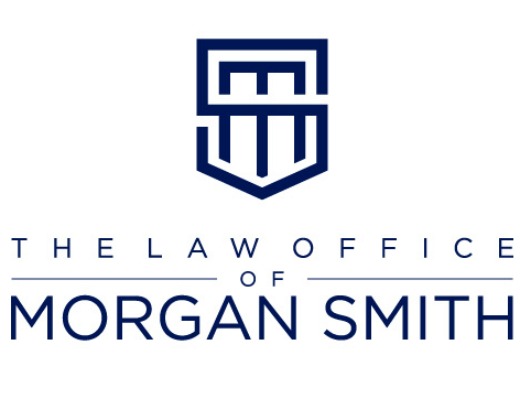I have been getting questions about retainers a lot recently, so here is a quick Q&A.
“I am hiring a divorce attorney in Tennessee for my divorce. What is a retainer and how does it work?”
A retainer is attorney fees that you are advancing to your attorney in order to secure their services as your attorney (initial retainers) or to keep their services in other instances (trial retainers, appeal retainers). There are many different types of retainers but the most common three in family law are refundable retainers, non-refundable retainers, and replenishable retainer. A refundable retainer is the advancing of funds in a certain amount to your attorney, but anything not used will be refunded to you at the end of your representation. A non-refundable retainer, in contrast, is a retainer that does not get refunded to you at the end of your representation, it belongs to the attorney regardless and acts not to just to pay for the work but to basically reserve your slot in the attorneys client book. A replenishable retainer is one that you have to refill whenever the funds are used so for example if you have a replenishable retainer for $5000 and you get a bill for $1500 you have to “replenish” that retainer in the amount of $1500. At our office, we most commonly use either non-refundable retainers for uncontested divorces or on contested divorces a split of both a refundable and non-refundable retainer. The most common non-refundable retainers are on emergency matters or uncontested divorces because both are only economical for attorneys to take on as cases if we are able to guarantee a certain amount in fees due to overhead and staffing costs that are involved for each new client, and the lost opportunity costs with other potential cases. You may also in certain cases be required to pay an expense retainer, which are funds specifically set aside to pay your expenses such as court reporters or filing fees.
Once you have paid your retainer, your attorney will “bill against your retainer,” and the easiest way to think about it is like a prepaid credit. Once that credit is gone, you will either be billed directly, or refill or provide a second retainer depending on your actual agreement with your attorney. At our office, the non-refundable retainer is ALWAYS billed against first for attorney fees, and only after that has been depleted do we move on to refundable retainers.
TL:DR – your retainer is an advance on your legal fees, and works like a prepaid credit for your legal fees.
Complicated divorce issues? Call divorce attorney Morgan Smith to schedule a consultation (615) 620-5848. Offices Downtown Nashville, Tennessee. Attorney Morgan Smith practices divorce in Middle Tennessee, and primarily in Davidson, Rutherford, Sumner, Williamson (Franklin), and Wilson County. Attorney Morgan Smith has most recently been listed by Expertise as one of the best divorce lawyers in Nashville and has received a 10 best award for two years in a row from the American Institute of Family Law Attorneys.



Recent Comments